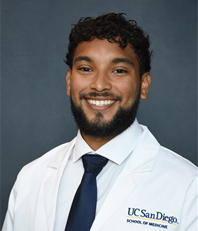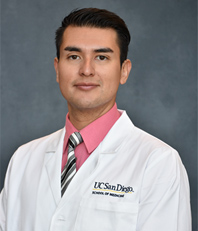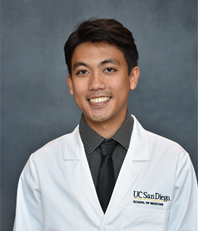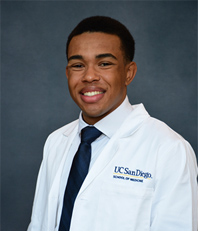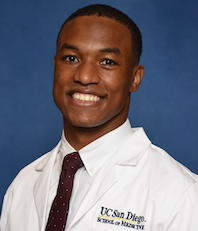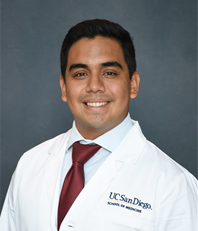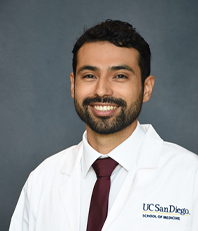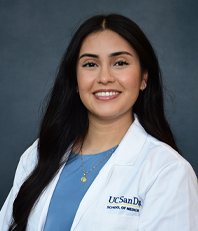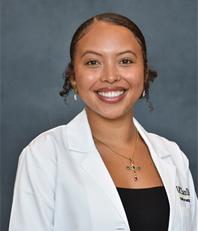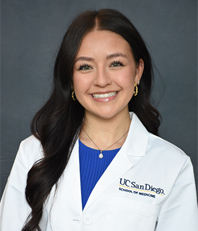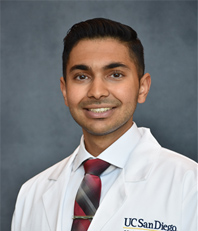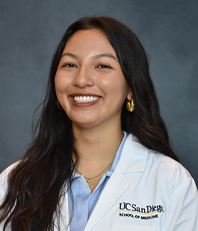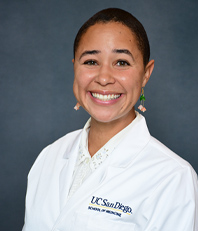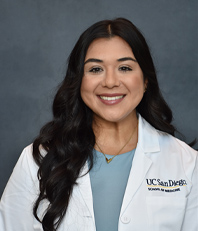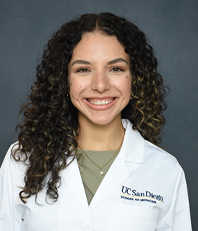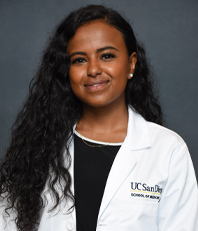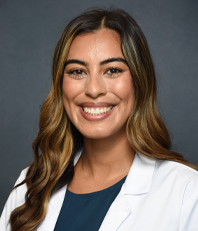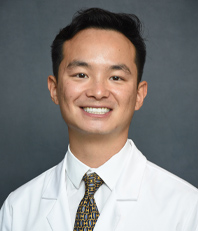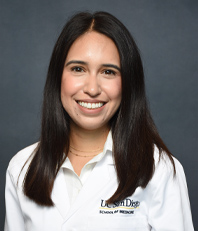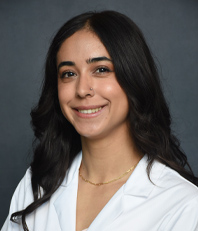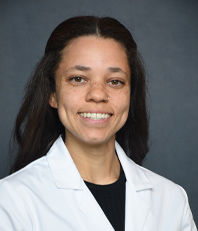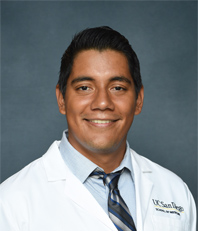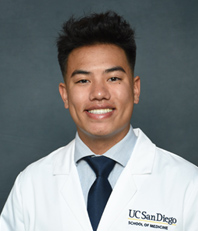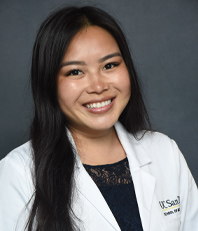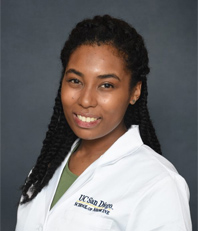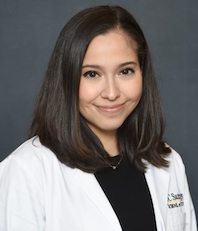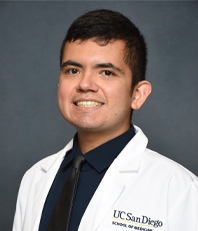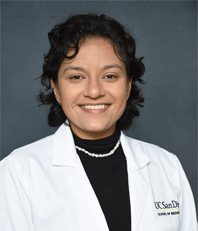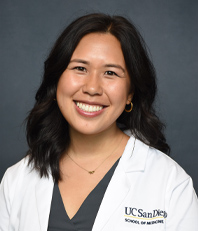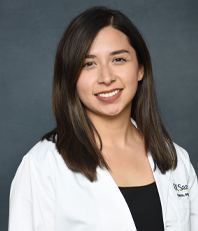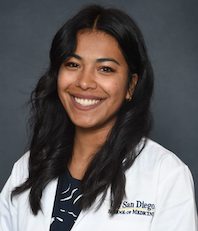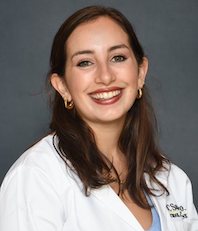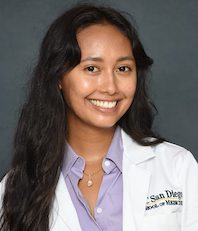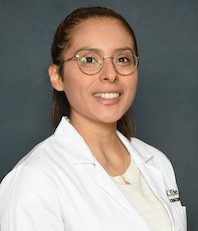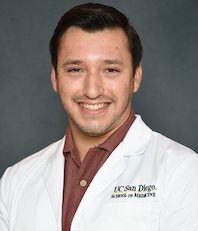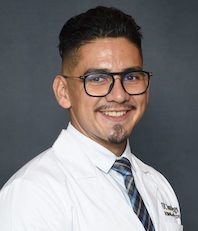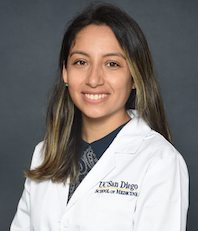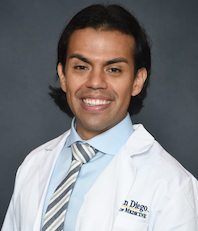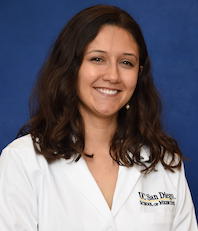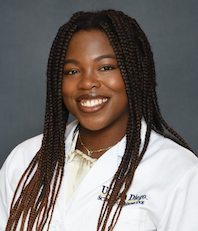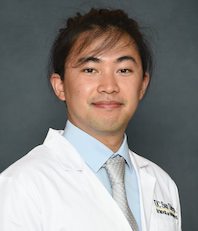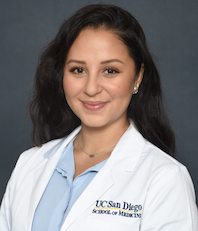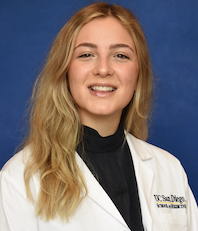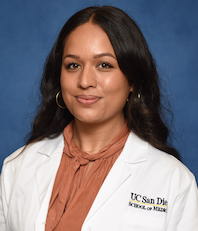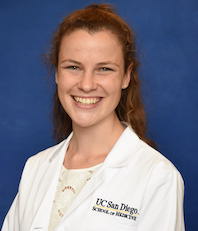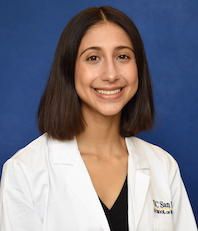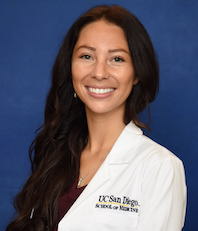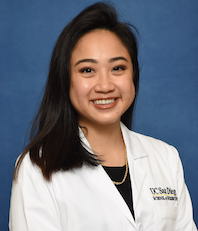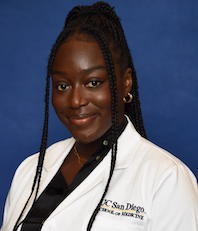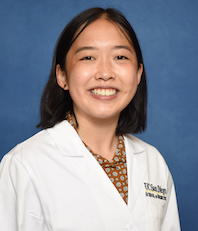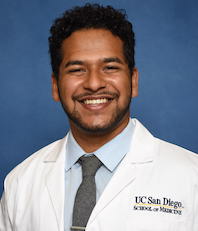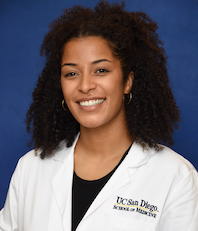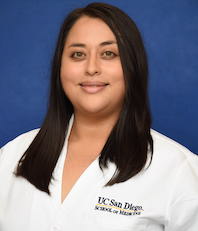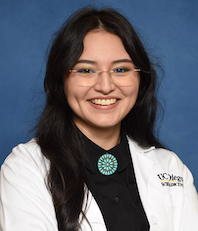Emily Martinez
Pronouns: she/her
Hometown: Oxnard, CA
"At 14, my father crossed the United States-Mexico border on foot in search of a better life. Later, my mother, also an immigrant from Mexico, joined him in Oxnard, California, which eventually became my home. With a Hispanic population of more than 75%, I proudly embrace my cultural identity as a Mexican-American. I have preserved my Mexican heritage through my Spanish fluency, Mariachi music, and by honoring Mexican traditions such as Dia De Los Muertos, which were passed down to me. As the second child and eldest daughter, I learned the weight of responsibility from an early age, helping my parents navigate the United States as immigrants, and being exposed to the harsh reality of inaccessible and inequitable health care. At 12 years old, I was given the life-changing opportunity to be a part of Kaiser Permanente’s Hippocrates Circle, an educational program that introduces marginalized students to the field of medicine. Having always longed to make a tangible impact in my community, I became resolute in my dream to become a physician.
In my journey navigating higher education, my passion for medicine was further reinforced by the burning desire to combat health inequity, an issue I and many others in my community connect with deeply. My studies in human biology and society as an undergraduate student at UCLA have deepened my understanding of health inequities, including medical racism, unconscious bias and access barriers. My experiences as a first-generation, low-income, Latina woman have provided me with a unique perspective that is valuable in medicine and allows me to push for diversity and representation. At the Spine and Orthopedic Center in Oxnard, I have learned the importance of patient advocacy. As the only Spanish-speaking scribe, I once connected with a patient who, in confidence, revealed to me that their injury was a result of a violent hate crime against them, due to their identity as a non-English speaking immigrant. My presence and empathetic attitude created a safe space for the patient to be vulnerable with me, sharing a more detailed history of their injury. Working alongside the physicians at the clinic, we were able to better lead the patient in the proper direction for quality holistic care of both their physical and emotional needs. This experience is one of many that have solidified my mission to serve marginalized communities, providing a voice and echoing the voices of those who are lost in a system of inequity and injustice.
UC San Diego's PRIME-HEq curriculum appeals to me because I believe its community-oriented academic and extracurricular structure will prepare me with the tools I need to reduce health inequities in medicine and enact long-term systemic change by addressing the root of medical issues by identifying the social determinants of health. I align myself with PRIME-HEq’s commitment to serving populations at risk for health disparities, as it a key driving force in my own story. Given my dedication to continual growth and openness to learning, I am certain the PRIME-HEq curriculum will push me to be a compassionate and effective doctor through its comprehensive interdisciplinary curricula, service-oriented clinical experience, and encouraging environment full of like-minded individuals who are passionate about change."
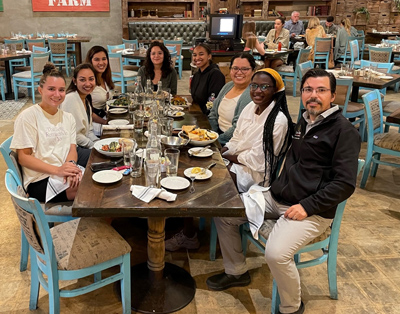 UC San Diego PRIME-HEq is an innovative training program focused on meeting the needs of California's underserved populations. Students learn to combine specialized coursework, structured clinical experiences, advanced independent study, and mentoring to prepare to work within underserved communities. Students are focused on reducing health care inequities and are committed to becoming physician leaders, researchers, and innovative changemakers.
UC San Diego PRIME-HEq is an innovative training program focused on meeting the needs of California's underserved populations. Students learn to combine specialized coursework, structured clinical experiences, advanced independent study, and mentoring to prepare to work within underserved communities. Students are focused on reducing health care inequities and are committed to becoming physician leaders, researchers, and innovative changemakers.













